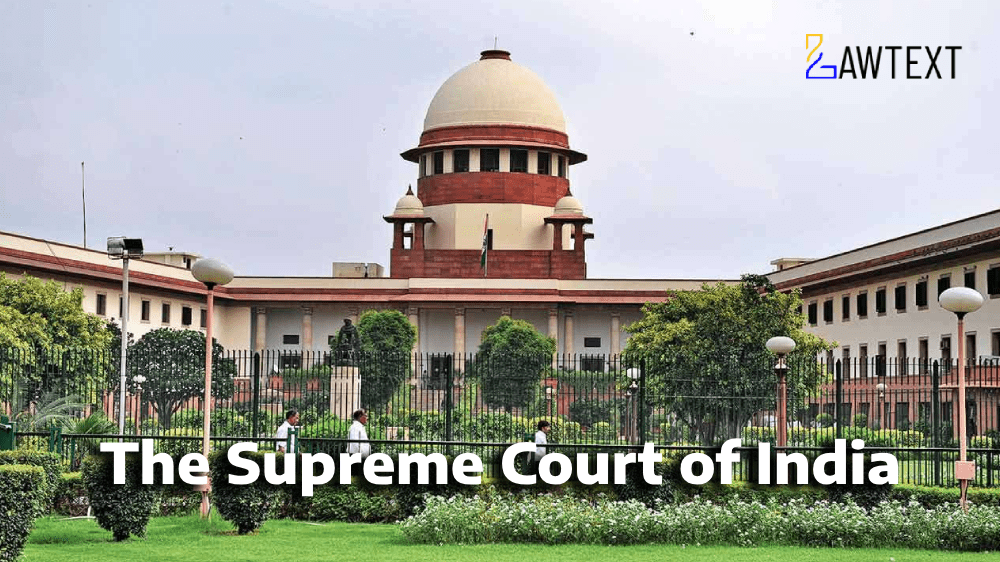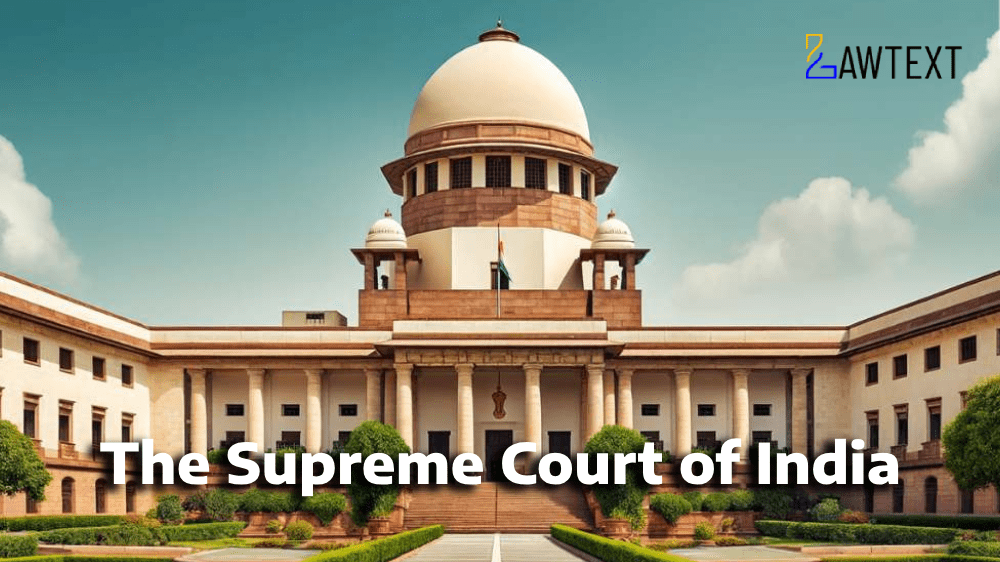Case Note & Summary
The Supreme Court reversed the Karnataka High Court's decision that had quashed an FIR against a police officer under the Prevention of Corruption Act, 1988. The High Court had ruled that there was insufficient evidence to proceed, particularly with no direct proof of bribery demands by the officer. The Supreme Court, however, found that material evidence, such as a pendrive submitted by the appellant and preliminary inquiry reports, had been overlooked. The Court stressed that the High Court had prematurely interfered, and the trial should continue to its logical conclusion.
Introduction:
The appeal was filed by Sanju Rajan Nayar against a Karnataka High Court decision quashing an FIR registered under the Prevention of Corruption Act, 1988 (Crime No. 63/2021). The FIR was related to a bribe allegedly demanded by Respondent No. 1, a police officer involved in investigating an earlier POCSO case against Nayar.High Court’s Judgment (Quashing the FIR):
The High Court of Karnataka quashed the FIR under Section 482 of the CrPC, citing a lack of direct evidence of bribery. It was concluded that the complaint was retaliatory, filed after the investigation of another case against the appellant, where the appellant was accused of sexual harassment under POCSO and IPC.Supreme Court’s Analysis:
The Supreme Court criticized the High Court for conducting a premature inquiry, which is usually inappropriate at the FIR stage. The evidence, including a pendrive containing recordings of the bribe demand, was not given due weight. The Court emphasized that the High Court overlooked substantial evidence obtained during the investigation, and hence the FIR should not have been quashed.Precedent Reference:
The Court referenced State of Haryana & Ors. v. Bhajan Lal & Ors., which sets guidelines on quashing FIRs. The ruling stated that quashing is only justified in rare circumstances, where it is evident that the FIR lacks merit or substance, which was not the case here.Conclusion:
The Supreme Court allowed the appeal, reinstated the FIR, and directed the case to proceed as per law. It also left open the possibility for all legal questions to be raised and adjudicated at appropriate stages of the trial.FIR Background: The FIR (No. 63/2021) was registered after the appellant reported to the Karnataka Human Rights Commission that a police officer, involved in investigating a prior case against him, demanded a bribe for favorable treatment.
Departmental Exoneration: The accused officer, Jayaraj (Respondent No. 1), had been exonerated in departmental proceedings, but the Anti-Corruption Bureau still filed the FIR based on independent evidence.
High Court's Reasoning: The High Court quashed the FIR, stating there was no direct evidence linking Respondent No. 1 to the alleged bribery.
Supreme Court’s Ruling: The Supreme Court found the High Court's interference premature and ruled that there was sufficient material to warrant further investigation and trial, including evidence like a pendrive containing incriminating recordings.
Acts and Sections Discussed:Prevention of Corruption Act, 1988, Section 7(a): This section criminalizes the act of public servants accepting or demanding bribes for official favors.
Indian Penal Code, 1860 & POCSO Act, 2012: These provisions were part of a prior case against the appellant, unrelated to the present bribery FIR.
Criminal Procedure Code (CrPC), Section 482: This section allows High Courts to quash FIRs if they find the complaint to be frivolous or without legal substance, a provision invoked by the Karnataka High Court inappropriately, as per the Supreme Court.
Ratio Decidendi:The Supreme Court’s judgment centers on the principle that FIRs should not be quashed prematurely unless there is clear, irrefutable evidence that the case is baseless. In this instance, the evidence presented (including a pendrive and preliminary inquiry findings) was sufficient to justify the continuation of the trial. Therefore, the High Court's decision to quash the FIR was legally unsustainable.
Issue of Consideration: Sanju Rajan Nayar Versus Jayaraj & Anr.
Premium Content
The Issue of Consideration is only available to subscribed members.
Subscribe Now to access critical case issues





